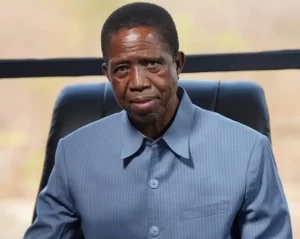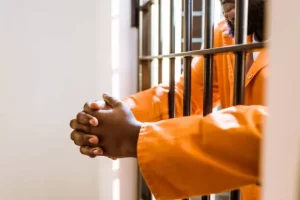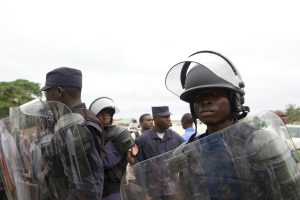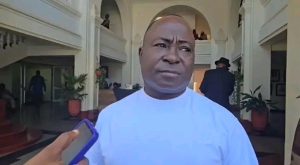South Africa’s ex-president loses bid to have arms deal graft charges dropped
3 min read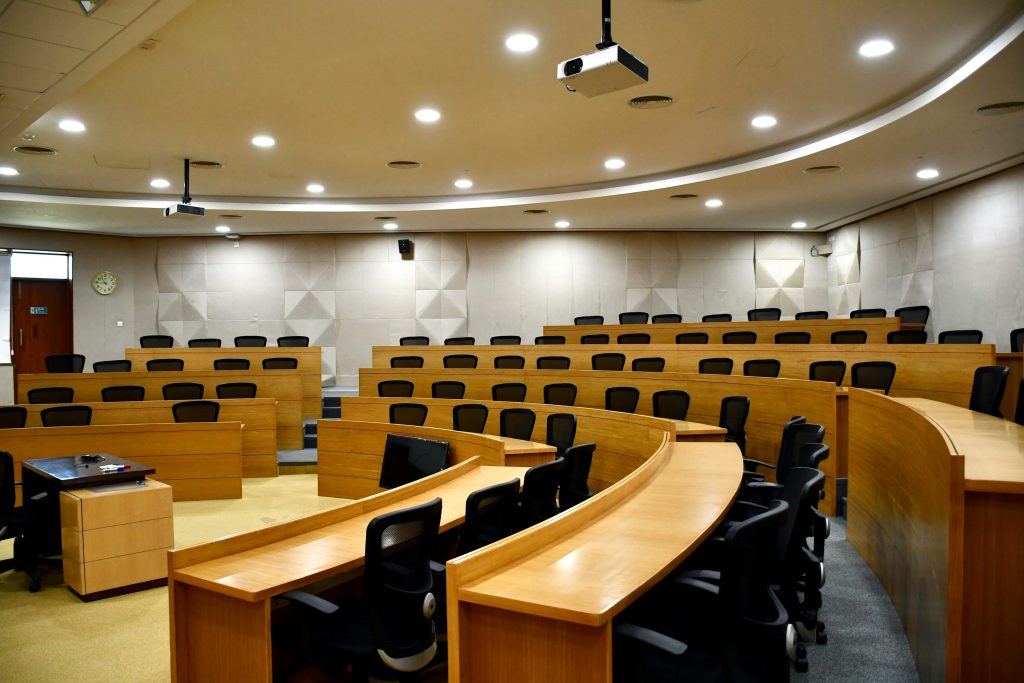
Jacob Zuma’s decades-long legal battle over a controversial arms deal drags on after court refuses to dismiss corruption charges.
Former South African President Jacob Zuma has suffered another legal blow in his ongoing corruption saga after a high court dismissed his application to have long-standing graft charges dropped. The ruling, delivered on Tuesday, also affects French arms company Thales, Zuma’s co-accused in the case that stems from a 1999 multibillion-rand arms deal.
Zuma and Thales had sought to terminate the case entirely, arguing that years of delays and the deaths of key witnesses had compromised their right to a fair trial. However, the judge rejected these arguments, asserting that the delays were not solely the fault of the state and noting that much of the stalling had stemmed from Zuma’s own legal maneuvers.
Court Rejects Fair Trial Argument
The court acknowledged that the legal process had been plagued by prolonged postponements, appeals, and procedural disputes. Yet, it found no justification to strike the case from the roll.
“I do not wish to apportion blame,” the judge said, “but the delays were largely due to actions initiated by the first accused,” referring to Zuma. Thales, he added, also bore limited responsibility for the drawn-out proceedings.
Zuma, 82, and Thales are facing 18 charges, including corruption, fraud, money laundering, and racketeering. These charges are tied to Zuma’s alleged receipt of bribes from Thales in exchange for protecting the company from scrutiny over its involvement in the 1999 arms deal.
At the time of the controversial deal, Zuma served as deputy president under President Thabo Mbeki. The allegations claim that Zuma used his position to advance Thales’ interests in return for financial favors.
Long History of Legal Delays
Zuma and Thales were formally charged more than a decade ago, but the case has been bogged down by endless litigation. In 2021, Zuma’s legal team began attempting to remove lead prosecutor Billy Downer, alleging bias and misconduct. They argued that Downer lacked the impartiality necessary to prosecute a former head of state.
These efforts, however, have failed in court after court. The National Prosecuting Authority (NPA) has repeatedly stated it is ready to proceed to trial, but Zuma’s appeals and interlocutory applications have repeatedly pushed back the timeline.
Tuesday’s ruling reaffirms the state’s position that the trial must go forward, regardless of further delay tactics. The court has now postponed the case to 4 December, when the NPA will formally apply to set a trial date and begin proceedings—even if Zuma or Thales appeal this latest ruling.
Corrupt Ties with Shaik
A key component of the charges against Zuma stems from his relationship with Schabir Shaik, his former financial advisor. Shaik was convicted in 2005 on counts of fraud and corruption, with the presiding judge stating there was “overwhelming evidence” of a corrupt relationship between Shaik and Zuma.
The conviction of Shaik played a major role in Zuma’s eventual firing as deputy president in 2005. However, Zuma staged a political comeback and became South Africa’s president in 2009, serving two terms marred by scandals and allegations of state capture.
Political and Legal Implications
Zuma remains a divisive figure in South African politics. While he retains strong support among a faction of the ruling African National Congress (ANC), many South Africans view his presidency as a period of institutional decay and corruption.
Legal analysts suggest that Zuma’s legal strategy is focused on delaying the trial indefinitely, perhaps until he is no longer deemed medically fit to stand trial. But Tuesday’s court decision represents a significant shift in momentum, with the judiciary signaling growing impatience with the obstructionist tactics.
Thales, meanwhile, continues to deny all wrongdoing. The company has said it expects to be exonerated in court and maintains it followed all legal procedures during the arms deal.
As the 4 December date approaches, the South African public waits to see whether the long-awaited corruption trial will finally begin—or if another chapter of delay is still in store.


